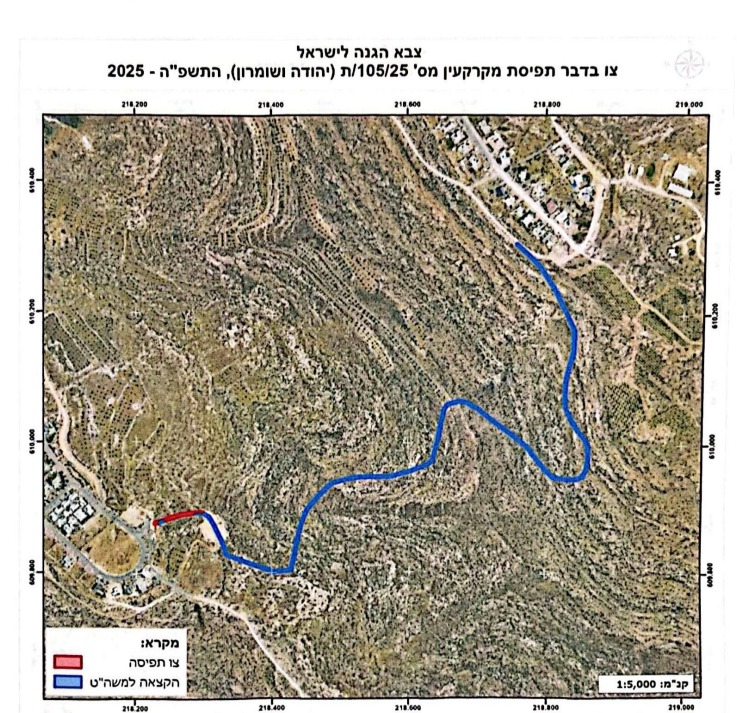JERUSALEM, December 14, 2009 (WAFA)- UNRWA has launched, today, its new Refugee Registration Information System (RRIS). The digital centralized system has been developed as part of ongoing reform measures and will improve greatly enhance the quality and efficiency of refugee services delivered by the Agency.
In a press release published, Monday, UNRWA said that it has digitally scanned and preserved 17.56 million historical documents in its stewardship, offering a comprehensive archive of individual refugee and family experiences. These refugee records, many of which date back to pre-1948 Mandate Palestine, are a crucial historical resource and their preservation within the RRIS is a step in the protection of refugee rights.
The system, the most complex IT system developed by UNRWA in its 60 years of operation, will track 4.7 million refugees registered with UNRWA in its five fields of operations. The RRIS will enhance the data collection and planning capabilities of the Agency. More accurate and detailed data, including addresses and phone numbers, will allow the Agency to identify and respond to beneficiary needs more effectively.
Other concrete benefits of the system include the reduction in the time taken to update registration cards from the current three months to one day. Moreover, registration numbers will be issued to all refugees, allowing to be registered as individuals in addition to their family registration. The individualized capabilities of the system offers potential to better understand changing dynamics within refugee communities UNRWA said.
According to UNRWA, another benefit of the RRIS is the inclusion of a special module for all socio-economic and administrative data that will help UNRWA to more effectively target the delivery of its Social Safety Net program, which supports the poorest of the poor.
In future, the Agency added, the RRIS will also include data on refugee health, education and microfinance.
UNRWA thanked its donors the Ruler of Sharjah, the EC and the governments of Saudi Arabia, the UK, Switzerland and Canada for their generous support of this project.










